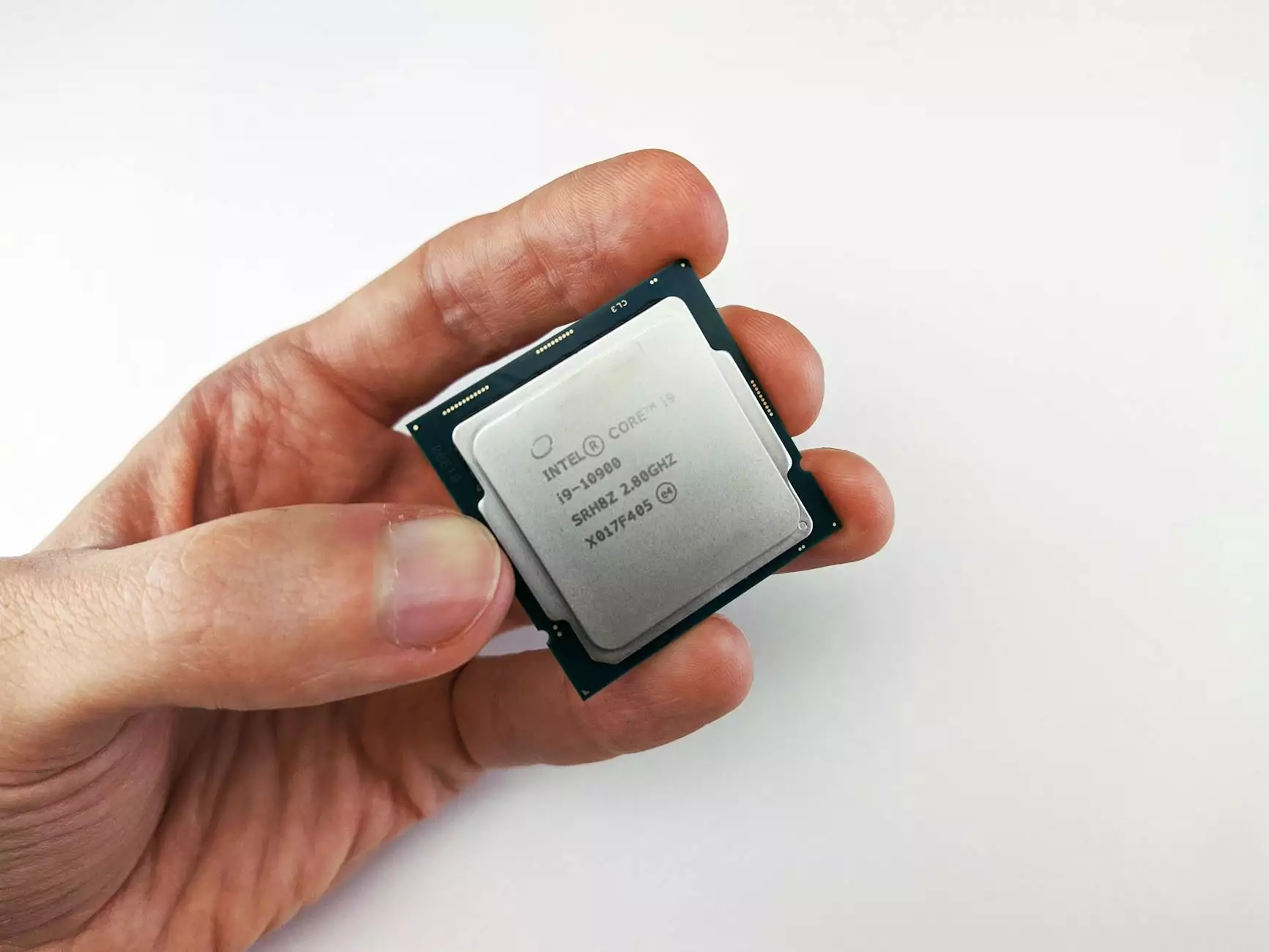An In-Depth Look at TCU Modules in Automotive Applications

The automotive industry is a complex ecosystem where every component plays a pivotal role in ensuring optimal performance and safety. Among the countless parts that make up modern vehicles, the TCU module stands out as a critical element in vehicle dynamics. Understanding what a TCU module is and its significance can empower both consumers and professionals in making informed decisions regarding automotive parts and services.
What is a TCU Module?
The TCU (Transmission Control Unit) is an electronic component responsible for managing and controlling the transmission system of a vehicle. This module acts as the brain of the transmission, ensuring smooth shifting, optimal power distribution, and overall vehicle efficiency. With advancements in automotive technology, TCU modules have evolved significantly, integrating more complex functions and improved algorithms to enhance performance.
Functions of the TCU Module
Understanding the functions of a TCU module is essential for appreciating its role in vehicle performance. Here are the primary functions:
- Shift Control: The TCU determines the optimal timing for gear shifts based on various factors such as speed, engine load, and driver input.
- Adaptive Learning: Modern TCUs have adaptive capabilities, allowing them to learn driving habits over time to improve shift quality and responsiveness.
- Diagnostics: The TCU constantly monitors the transmission system, identifying faults or irregularities and providing diagnostic trouble codes (DTCs) for troubleshooting.
- Communication: The TCU communicates with other vehicle systems, including the engine control unit (ECU), to synchronize various functions for optimal performance.
- Fuel Efficiency: By optimizing shift points and reducing unnecessary gear changes, the TCU can contribute to better fuel efficiency.
The Role of TCU Modules in Vehicle Performance
The TCU module plays a crucial role in overall vehicle performance and driver experience. Here’s how:
- Smooth Gear Changes: A well-calibrated TCU ensures seamless transitions between gears, resulting in a smoother drive and improved comfort.
- Enhanced Responsiveness: The TCU can quickly adjust to the driver’s demands, providing immediate power when needed, which is particularly important in high-performance vehicles.
- Improved Durability: By efficiently managing shifts and preventing harsh engagement, TCUs help extend the life of the transmission system.
- Better Torque Management: Through precise control of transmission parameters, the TCU can enhance torque delivery under various load conditions.
Types of TCU Modules
TCUs come in several types, each designed to work with specific transmission systems. The main types include:
- Conventional Automatic Transmission TCUs: These TCUs are typically linked to traditional torque converter automatic transmissions.
- Continuously Variable Transmission (CVT) TCUs: CVTs utilize a different strategy for shifting, requiring specialized control algorithms.
- Dual-Clutch Transmission (DCT) TCUs: DCTs combine features from both manual and automatic systems, and their TCUs must handle complex shift patterns efficiently.
Common Problems with TCU Modules
Despite their critical importance, TCU modules can experience issues that may affect vehicle performance. Here are some common problems:
- Error Codes: Malfunctioning TCUs may trigger error codes, leading to the vehicle entering limp mode for safety.
- Harsh Shifting: A faulty TCU can cause jagged or harsh shifts that can compromise driver comfort and vehicle control.
- Transmission Slippage: Inability to maintain proper gear engagement can lead to slippage, reducing power delivery to the wheels.
- Decreased Fuel Efficiency: Poorly managed shifts can lead to increased fuel consumption, impacting overall efficiency.
Diagnosing TCU Problems
When faced with issues related to a TCU module, diagnosing the problem quickly and effectively is crucial. Here’s a step-by-step guide:
- Check for Error Codes: Utilize an OBD-II scanner to retrieve any diagnostic trouble codes related to the transmission.
- Inspect Wiring and Connections: Loose or damaged wiring can lead to transmission malfunctions.
- Test the TCU: If possible, use specific diagnostic tools to test the functionality of the TCU.
- Check Fluid Levels: Proper transmission fluid levels are essential; low fluid can affect TCU performance.
- Consult a Professional: If diagnostics are beyond your expertise, consult a certified mechanic with experience in transmission systems.
The Importance of Quality TCU Modules
Choosing a high-quality TCU module is essential for ensuring the longevity and performance of your vehicle. Here’s why quality matters:
- Reliability: Quality TCUs are built to meet or exceed OEM specifications, providing dependability in all driving conditions.
- Performance: Well-manufactured TCUs enhance driving performance, providing a noticeable difference in smoothness and responsiveness.
- Warranty and Support: Reputable brands often offer warranties and better customer support, which can be invaluable in case of issues.
Where to Buy TCU Modules
When it comes to purchasing TCU modules, it’s crucial to source from reputable suppliers. Here are some options:
- OEM Dealers: Original Equipment Manufacturers offer TCUs that meet original performance standards.
- Qualified Auto Parts Suppliers: Look for suppliers like Shenghai Auto Parts, known for their extensive inventory of automotive components.
- Online Retailers: Established e-commerce platforms often have competitive prices and customer reviews to help you make the best choice.
Maintaining Your TCU Module
Ensuring the longevity of your TCU involves regular maintenance and checks. Here are some tips:
- Regular Fluid Changes: Maintain appropriate fluid levels and change your transmission fluid as per manufacturer guidelines.
- Monitor Driving Habits: Be aware of how your driving habits may affect transmission performance, such as aggressive driving or excessive idling.
- Routine Diagnostics: Regularly check for error codes and have your transmission evaluated by professionals.
Conclusion
In conclusion, the TCU module is an indispensable part of modern automotive engineering. Understanding its functions, recognizing potential issues, and servicing it correctly can vastly improve vehicle performance. By choosing quality components and sourcing from reputable suppliers like Shenghai Auto Parts, you ensure that your vehicle operates efficiently and reliably. The automotive landscape is evolving, and keeping abreast of technology such as TCU modules is essential for enthusiasts and professionals alike.









